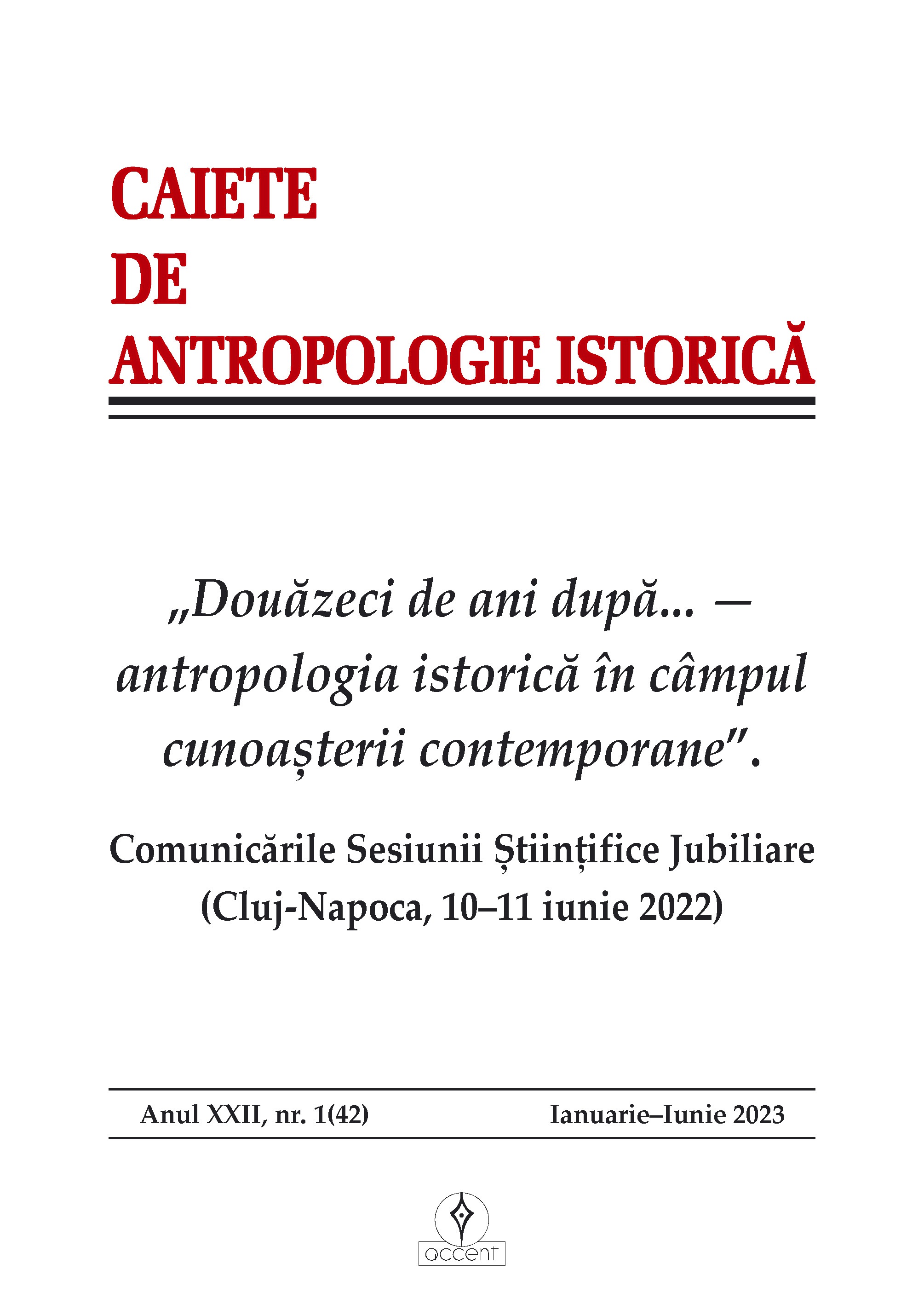Nae Ionescu și trăirismul, un existențialism ortodox
Nae Ionescu and “Trăirism”, an Orthodox Existentialism
Author(s): Adrian Valentin MoraruSubject(s): History of ideas, Local History / Microhistory, Interwar Period (1920 - 1939)
Published by: Accent Publisher
Keywords: Nae Ionescu; trăirism; spiritual rebirth; cultural identity; orthodox existentialism;
Summary/Abstract: The figure of Nae Ionescu (1890-1940) continues to intrigue today through his spiritual, intellectual and ideological attitudes. He had admirers among his contemporaries, but also numerous detractors, who accused him of corrupting the youth, of legionarism and even of lack of originality. Far from fully sharing the Legionary vision, dominated by a visceral and obsessive anti-Semitism, Nae Ionescu preserved (except for certain conjunctural compromises) his spiritual autonomy during his adherence to legionarism. His primary vision remained consistently Christian, anti-democratic, anti-liberal, anti-capitalist and anti-modern. Nae Ionescu considered himself a simple reader of the historical reality and the imperatives of the time. He hoped that after the Great War a renaissance, a cultural and spiritual reconstruction would take place in the European space, which would put an end to the old currents, ideologies and certainties of the "old world”, based on rationalism, positivism and individualism. Protestantism was for him synonymous with rationalism, individualism, liberalism and socialism. Nae Ionescu did not promote a radical conservatism turned towards the past, but one turned towards the future. He sincerely recognized the inadequacies of the past and present of the Romanian culture. Like Nichifor Crainic, Nae Ionescu insisted on the potentiality of a Romanian culture, which would clarify and dissociate itself from certain inauthentic ways. In their opinion, the Romanian culture had to be protected from the indiscriminate adaptation of foreign forms of Western culture. This future Romanian culture could not develop, in the vision of Ionescu or Crainic, except within the framework of orthodoxy and an Eastern cultural identity.
Journal: Caiete de Antropologie Istorică
- Issue Year: 2023
- Issue No: 42
- Page Range: 115-136
- Page Count: 22
- Language: Romanian

